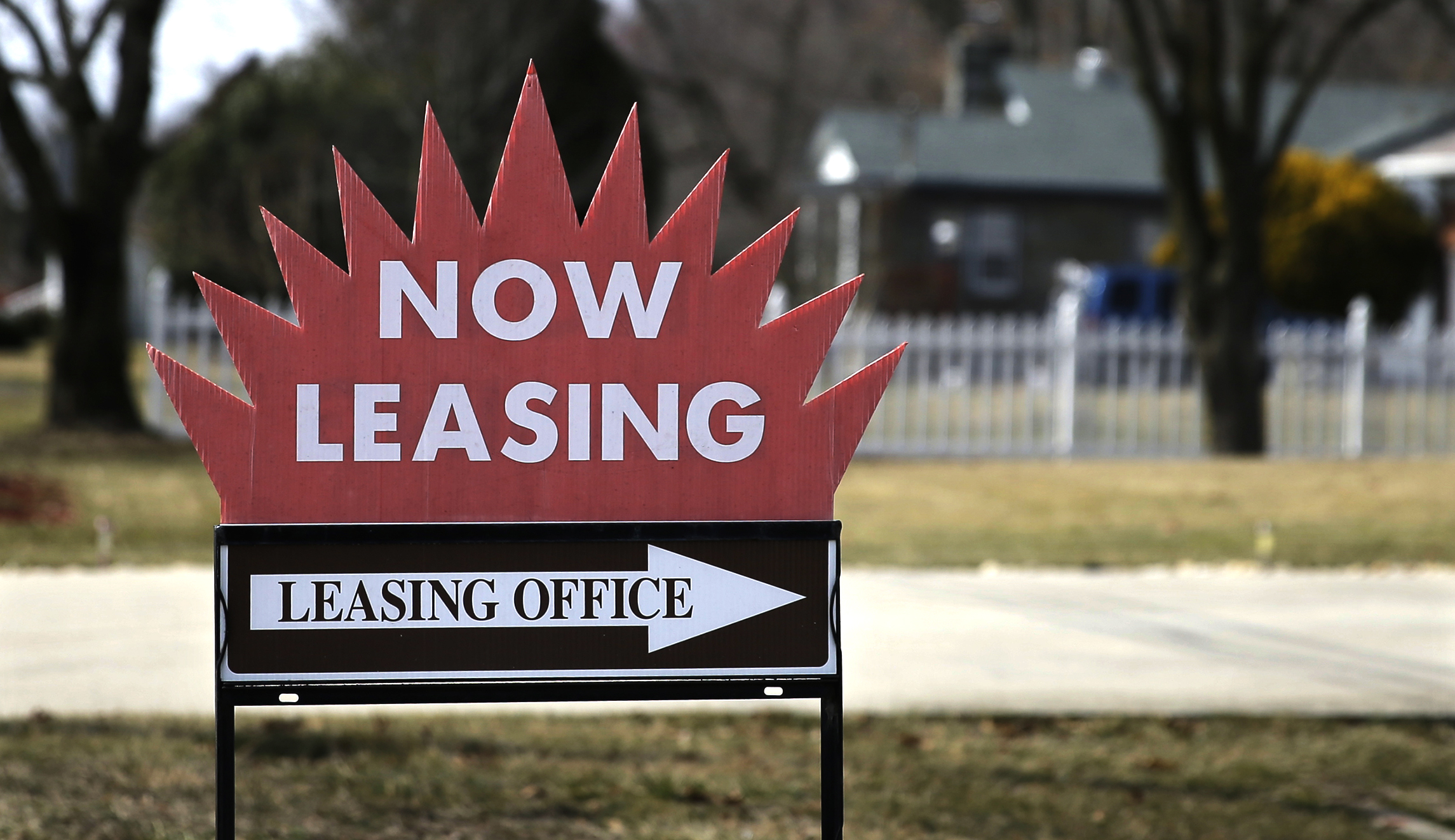Rent prices are expected to stay flat or even falter a bit in the new year as the specter of a recession looms large, although there remains uncertainty about later in 2023.
The housing market experienced a shocking boom during the period in which the Federal Reserve set its interest rate target at zero, which stretched from spring 2020 up to early last year. Now, the housing market is tanking and rents are cooling as mortgage rates surge. The future of what the rental market looks like this year will depend on both interest rates and a possible economic downturn.
Lawrence Yun, chief economist for the National Association of Realtors, told the Washington Examiner on Thursday that he thinks rents will remain largely stable throughout the year. Yun thinks there will be essentially no rent growth this coming year.
RECESSION THREAT: WHAT’S IN STORE FOR INFLATION AND UNEMPLOYMENT FOR 2023
Yun said one factor pushing down rents this year will be the strong apartment construction of the past few years, with leases for those becoming active and bolstering supply. He said while he thinks demand might remain stable this year if the labor market maintains its resiliency, if a recession begins to take hold, it would have an effect on rents.

Right now, the labor market is remarkably tight. Jobless claims are remaining steady or falling, and job growth has been buoyant despite the Fed’s historic rate hiking. But when the Fed hikes rates, it can cause demand to fall enough that the economy careens into a recession and companies start laying off workers.
Despite the tight labor market, the housing market has taken a walloping by the Fed, American Enterprise Institute senior fellow Desmond Lachman told the Washington Examiner.
“The housing market is going to weaken a lot, and that should help the rental market,” Lachman said.
Lachman noted that the prospect of a cooling housing market is important because shelter makes up a large part of the consumer price index, which gauges inflation. He said by the end of the year, housing prices will begin deducting from the inflation calculation rather than adding to the inflationary burden.
It is worth noting that while the housing market has been in decline for months, it takes longer for the tightening to affect rent prices. That is because leases for homes and apartments are often signed for a one-year term, so the leases of those who signed at one price point a year ago are just starting to come undone.
How much rents change in 2023 will also depend on the severity of the expected economic downturn. While most economists are anticipating a mild recession — more than two-thirds of the economists at major financial institutions surveyed by the Wall Street Journal expect one — there are differing opinions on the severity of the recession.
“The demand part dries up. So if we get a big recession, housing prices and rents will go down,” Lachman said.
Brian Carberry, senior managing editor for Rent.com, told the Washington Examiner he thinks the United States is starting to get back into a traditional pattern for rents after nearly three years of pandemic-related upheaval.
From the start of the pandemic until about the summer of 2021, rent prices were relatively flat or coming down. Some apartment complexes in major cities even offered big markdowns and monthly discounts in order to attract renters.
Carberry noted that it wasn’t until the end of the summer of 2021 that prices began to soar, staying up for the rest of that year. But at the close of this past summer, that trend started to reverse, and year-over-year prices have been falling since.
ApartmentList.com created a national index that tracks changes in rents. In its first rent report for 2023 this week, the group announced that its national index fell 0.8% over the course of last December — the fourth straight month-over-month decrease. The report found that while a cooldown in the rental market is keeping with seasonal trends, the magnitude is larger than in the past.
“This suggests that the recent swing to falling rents is reflective of a broader shift in market conditions beyond seasonality alone. As we look ahead to the new year, we expect that 2023 will see bargaining power shift back to renters, and that rent prices this year will grow only modestly, if at all,” the research team wrote.
Carberry predicts that going into the beginning of this year, prices will continue to stay flat or even come down.
CLICK HERE TO READ MORE FROM THE WASHINGTON EXAMINER
“But as we get into the late spring and early summer, I think prices are going to begin to go back up and that really does follow a seasonal trend,” said Carberry.
Carberry also pointed out that a bump in demand for rental units could end up being seen during a recession if potential homebuyers put off purchasing and opt to rent as they wait for mortgage rates to decline before buying a home.
